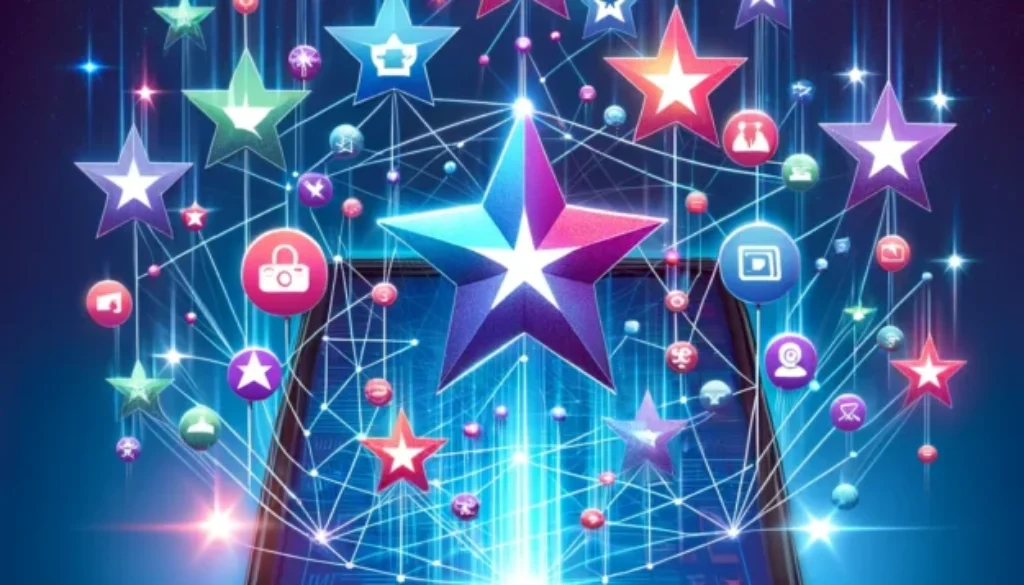The Double-Edged Sword: How Social Media Shapes Celebrity Culture
In the 21st century, social media has utterly transformed the meaning of celebrity. Platforms like Instagram, Twitter, and TikTok have democratized fame, allowing individuals to gain international attention without relying on traditional gatekeepers such as film studios, record labels, or publishing houses. This shift has also reshaped how celebrities engage with their audiences and how fame is understood.
Accessibility and Intimacy
One of the most striking effects of social media is the increased accessibility of celebrities. Fans can now follow their favourite personalities in real time, gaining insights into their daily routines, thoughts, and creative processes. This perceived intimacy has fostered parasocial relationships, where fans feel personally connected to public figures despite the one-sided nature of these interactions. While this dynamic boosts engagement and loyalty, it also blurs the line between public and private life, leaving celebrities vulnerable to heightened scrutiny and harassment.
The Rise of the Influencer
Social media has also given rise to a new kind of celebrity: the influencer. Unlike traditional celebrities, influencers cultivate their followings by sharing relatable, aspirational, or niche content. This decentralization of fame allows individuals from diverse backgrounds to achieve recognition. However, concerns about authenticity have emerged, with critics suggesting that many influencers prioritize financial gain over genuine connection.

Impact on Celebrity Image
The constant visibility afforded by social media has made it easier for celebrities to craft and control their public personas. However, it has also heightened the risk of controversy. A single tweet or Instagram post can ignite outrage, leading to “cancel culture,” where public figures face widespread backlash for perceived mistakes. While this can hold celebrities accountable, it also raises questions about fairness and proportionality.
In conclusion, social media has revolutionized celebrity culture by making fame more accessible, fostering closer connections between celebrities and fans, and amplifying the consequences of public missteps. As this trend continues, society will need to address the implications of a world where the line between celebrity and ordinary individuals grows increasingly blurred.
~By Muhammad Yusuf, IMS,Lalkuan, Ghaziabad

